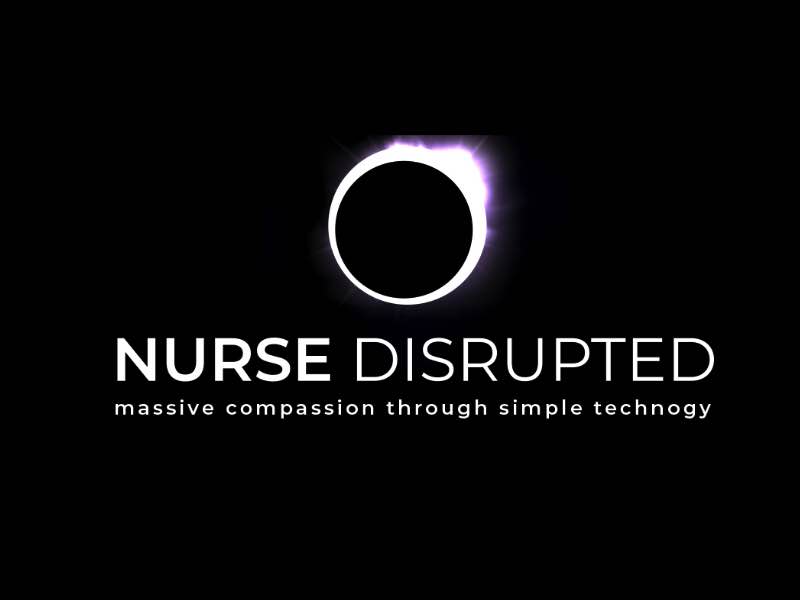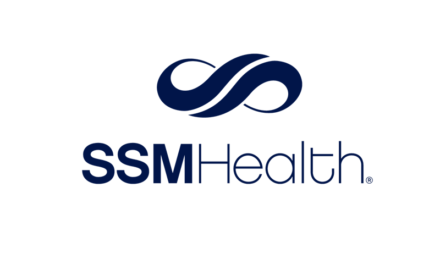
Nurse-led startup working with homeless shelters to screen for COVID-19

A new nurse-led, Madison-area startup is working with homeless shelters to screen for COVID-19.
Nurse Disrupted sets up tablets at shelters, with nurses and nursing students using video conferencing to conduct COVID-19 screenings and education.
“We use science, simple technology and a lot of compassion to solve healthcare problems,” said CEO Bre Loughlin.
Loughlin said the company got its start in March when she visited Porchlight’s men’s emergency shelter in Madison, where there was a gap between screening and the need for a deeper assessment for COVID-19.
Working with a volunteer group of nurses, they set up tablets and started screening by asking people about symptoms. If needed, an additional assessment would determine whether those seeking shelter should head to a hotel with a voucher to quarantine or go to an emergency room.
Nurse Disrupted has since expanded to the Salvation Army’s women’s shelter in Madison and started working with nursing schools to help students meet the minimum number of practicum hours to graduate.
Tracy Zvenyach, the company’s president, said they’ve conducted 3,000 screens for COVID-19 so far. They’ve trained over 70 nurses and supported over 225 students hours with the program.
Zvenyach said they’ve been working with Marion University, Marquette University, Madison College, Edgewood College and the University of Wisconsin-Milwaukee.
The startup has also received requests from businesses and academic institutions, and they’re now working on launching a program to meet their needs that will provide job opportunities for nurses.
“Our model is strong and we can partner with really any organizations that have the need for screening,” Zvenyach said.
Loughlin said they’re focused on pandemic response and COVID-19 screening, but they’re also hoping to provide more telehealth solutions, like ongoing help for those with chronic disease and mental health needs.
This article first appeared in the Wisconsin Health News daily email newsletter. Sign up for your free trial here.





